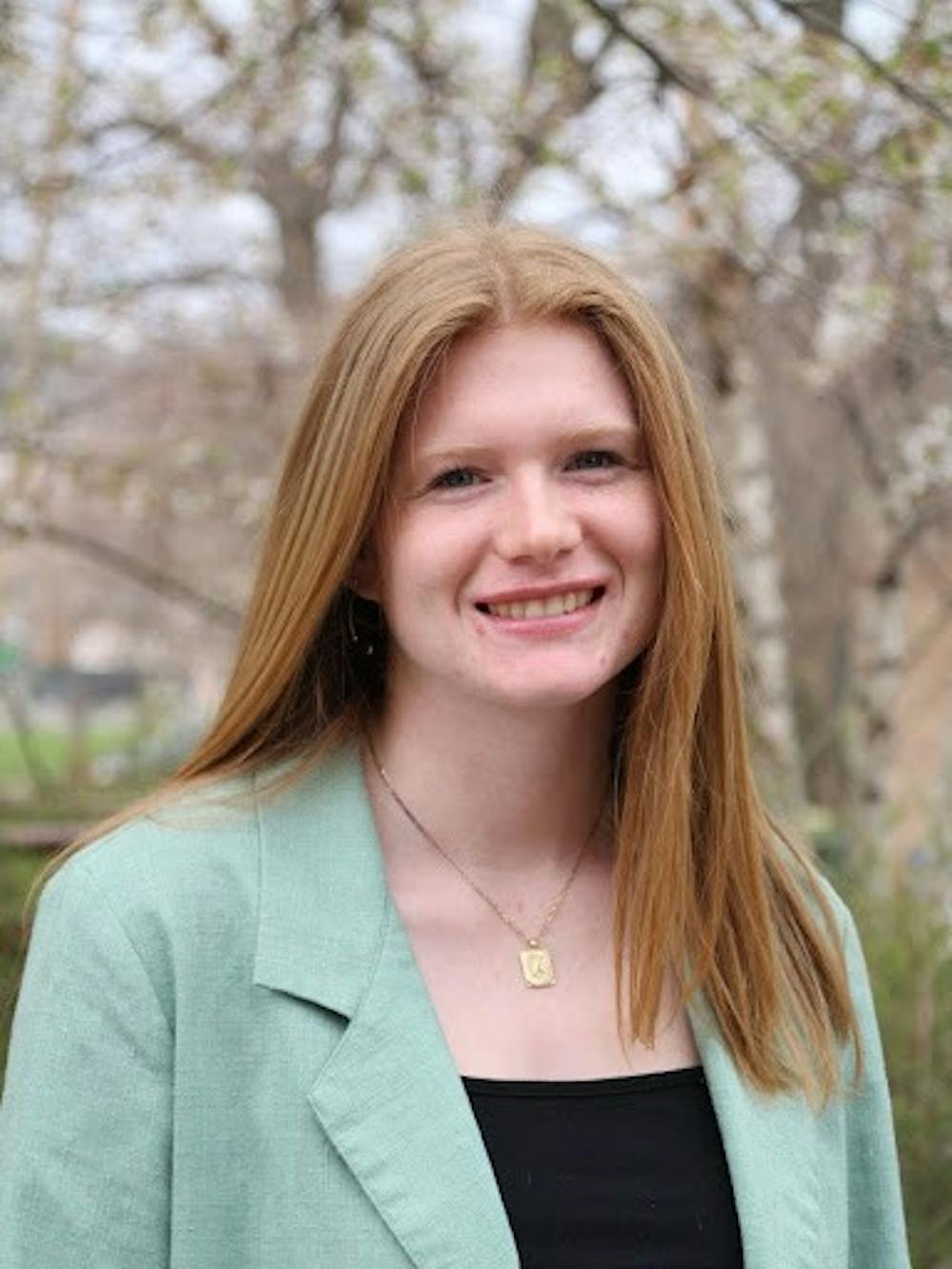Students of all walks of life enter the world of higher education, but the playing field is not the same for all. When entering college, every student is confronted with new information they didn’t know before. Much like every system in place in our society, academia has a game that accompanies it — there are rules to follow, cheat codes to use and information to know. Meeting people from different backgrounds becomes a learning experience for everyone on campus, but unfortunately, there are many different pieces of information that some students know and others find out too late.
It is an amazing feat to enter into academics and succeed, but no one talks about the extra bits of knowledge and confidence that many students may not have the privilege of knowing when entering college. There are preparatory schools that teach students how to create resumes, parents who give their kids the right questions to ask the career center counselors and tutors that help students ace standardized tests, all of which help students get a leg up in the world of knowledge.
Students of many different backgrounds come to college and experience a whirlwind of feelings. Fellow opinion columnist for The Eagle, Emily Brignand, expressed feelings that she and many others feel when they are confronted with the knowledge that seems to always be known to others, specifically among first-generation college students. She notes that there is self-doubt within the community and extra effort has to be made to succeed in college, as knowing the next step is not naturally known. Many students’ first opportunities come from connections they have or through connections they understand how to make. Students without those opportunities and connections from the start are left with feelings of insecurity, self-doubt, confusion and being behind compared to their peers.
Eventually, many of these students find their way, but it takes much more effort and skill to make that happen. Even tools such as SAT prep classes outside of school are things that may not cross someone’s mind and with that, students realize that they may not be prepared nor know how to be prepared. Many students not only have these feelings but also tend to keep silent, afraid to convey to others how helpless they feel. All students must be a part of breaking this silence and closing the knowledge inequality gap.
How do we reach this goal? Many will point to the AU Career Center. The Career Center offers a wide array of services including resume, cover letter and interview assistance. It is a fantastic resource for students who don’t already have the know-how in academia and job hunting. However, students who may need this resource the most, may still feel intimidated and afraid to reach out. I am here to tell you that it’s okay and that I felt the same way. That is half the battle, knowing that you are not the only one who feels that way. Emily and I agree, we felt intimidated and embarrassed because we weren’t even sure where to start or if we knew what the Career Center wanted. It is okay to feel that way.
More importantly, it is okay to ask for help. Emily passed down great advice: talk to your peers and friends around you and create a group of supportive friends. Break down barriers of feeling alone in this situation and find community in others who can help. Also, reach out to professors; they are here to help and can become fantastic advisors in your career field. The most important part to remember is that you can do it alone, but it can take longer and be harder. Not to mention, it is lonely and doing it with others provides understanding, support, community and a team that can handle the learning curve together.
The purpose of this article is not to tell you to go sing around the campfire with friends and pretend that this system is nothing to complain about. I hope that by showing how difficult and isolating this system can be, students without certain connections and knowledge will feel less out on their own. To directly combat and disavow this system, I believe in talking, learning and helping others. This school is one of competition and this society is one of competition, but from what I’ve learned, we are much better assets to each other as teammates instead of competitors.
Anna Gephart is a junior in the School of Public Affairs and a columnist for The Eagle.





